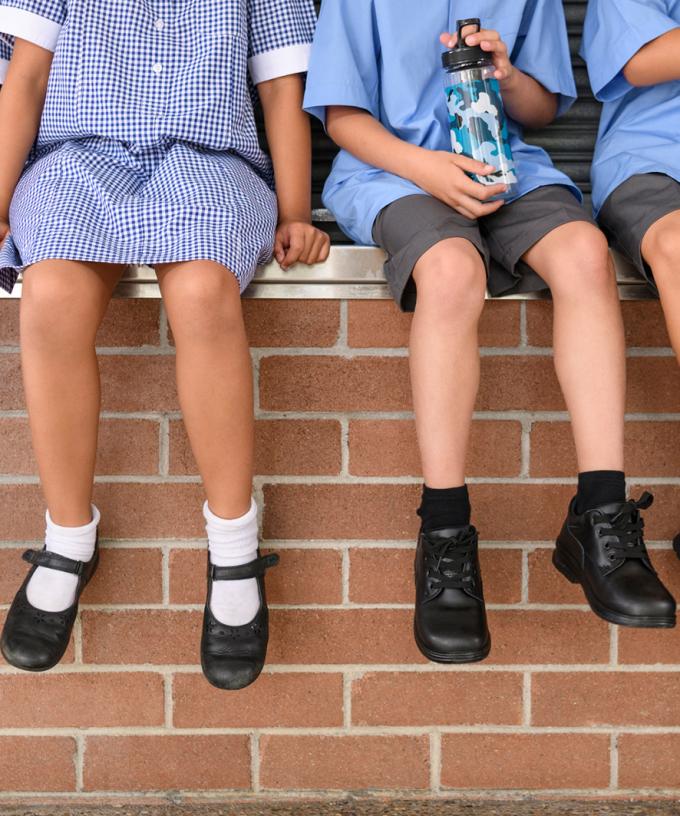January 28 is the non-negotiable date for NSW children to return to school, the premier says, with rapid antigen testing critical to the plan.
A further 50 million RAT kits have been purchased by the state in addition to the 50 million already held in reserve, Premier Dominic Perrottet told journalists on Sunday.
The announcement came as NSW reported its deadliest day of the pandemic, recording 16 deaths related to the coronavirus.
There were also 30,062 new infections reported from less than 100,000 conventional PCR lab tests.
That compared with the more than 44,000 cases posted in Victoria, but the latter has been forced to sort through a messy backlog of infection registrations via the state’s new online RAT reporting capacity.
NSW is yet to launch a similar system but Mr Perrottet says he’s advised the switch will happen by mid-week, at which point case numbers are expected to surge afresh.
The newly-purchased RATs would be instrumental in getting kids back to school, he said.
“We are finalising our back-to-school plans at the moment. This will be a core part of the plans getting kids back in the classrooms.
“There will be challenges as we move through the return-to-school program but ultimately we can’t let perfection be the enemy of good. We need kids back in class.”
The state’s latest virus fatalities were eight women and eight men in their 60s, 70s, 80s and 90s. All were from Sydney except one from the state’s Central Coast region and one from the south coast.
There are currently 1927 virus patients in NSW hospitals, 130 more than the previous day. Of them, 151 are in intensive care with 38 needing ventilation.
Changes to workplace restrictions and transport timetables have been announced in a bid to ease the impact on the delivery of critical services.
Food logistics and manufacturing staff furloughed as close contacts are now allowed to leave self-isolation to attend work if they have no symptoms.
They also have to wear a mask and comply with risk-management strategies including daily rapid antigen tests or RATs.
The new rules apply to critical workers in biosecurity and food safety, the production and manufacturing of food, beverages, groceries, cleaning and sanitary products, and food logistics, delivery and grocery fulfilment.
The Transport Workers Union lashed the changes as reckless, while the Shop, Distributive and Allied union warned authorities to ensure staff did not become the targets of abuse due to food and other shortages.
NSW train and bus timetables will also be adjusted from Monday to help provide services while managing staff shortages.
AAP







